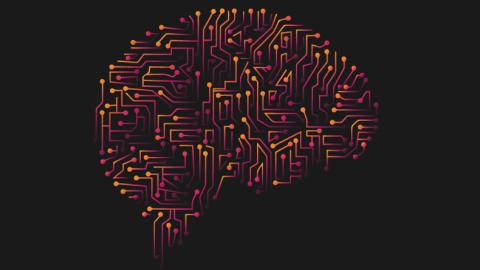Artificial intelligence is not yet equipped to supplant structural models used in central bank policymaking, according to the chief economist of the Monetary Authority of Singapore (MAS).
In a recent address delivered at a workshop, Edward Robinson, the deputy managing director of MAS, acknowledged that central banks face significant scrutiny regarding their inability to predict the ongoing inflation trends post-pandemic, which has raised questions about the reliability of their existing models.
Although AI has been presented as a promising tool for enhancing modeling capabilities, Robinson urged a careful approach. He noted that large language models (LLMs) currently do not possess the ability to provide coherent rationales for their predictions.
Robinson emphasized that AI models generally lack the “clarity of structure” essential for making them effective for policymakers. He referenced former Federal Reserve Governor Laurence Meyer, who stated that model-based forecasting should begin with a framework and conclude with a narrative. Without the capacity to convey an understanding of economic dynamics or distinguish between competing scenarios, AI models cannot yet substitute for structural models utilized by central banks.
Robinson advocated for the integration of AI methods into central bank modeling through supplementary satellite models that would enhance the foundational structural models.
Furthermore, he highlighted the necessity for central banks to adapt to the evolution of generative AI as a transformative technology, suggesting that proactive measures may be needed to guide its development in a beneficial direction.
